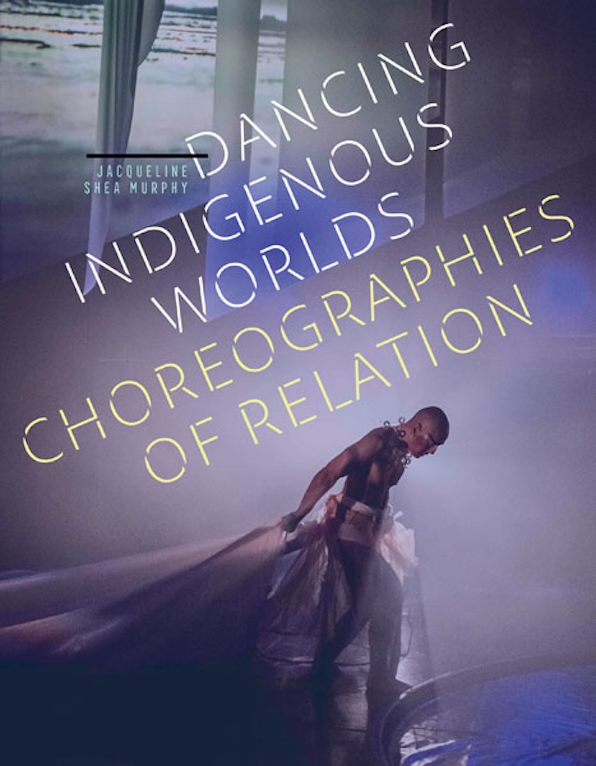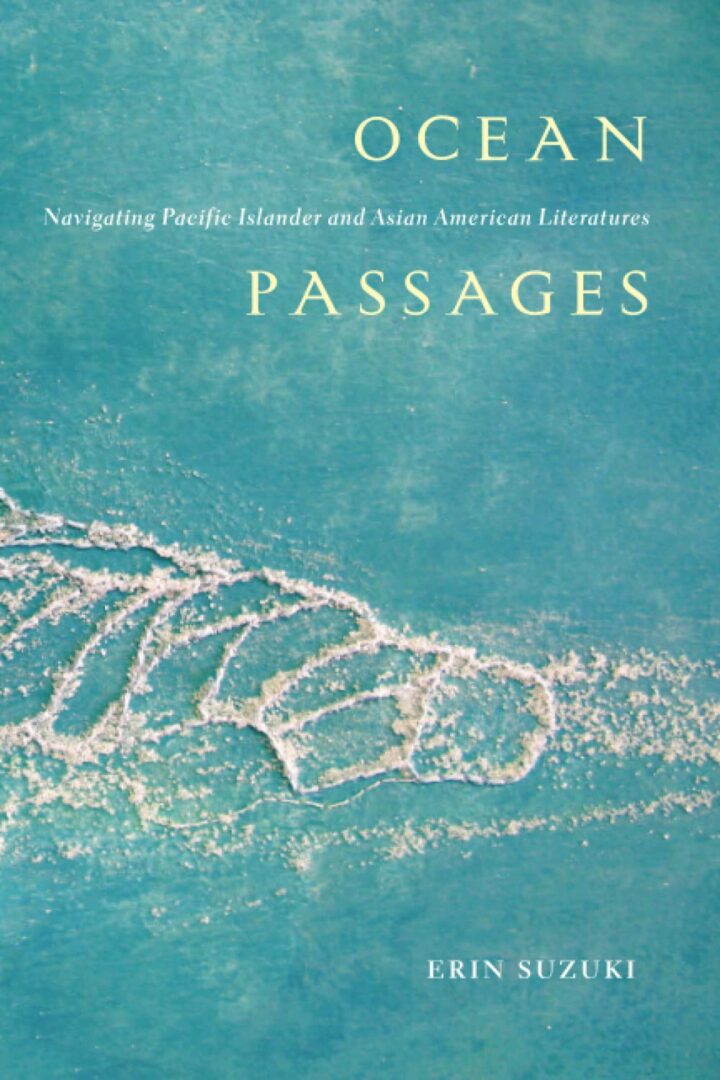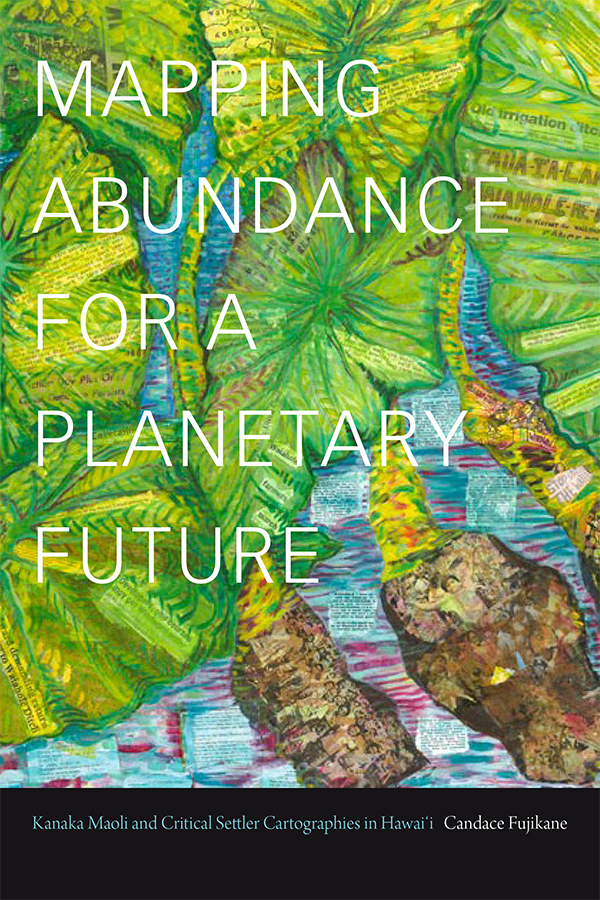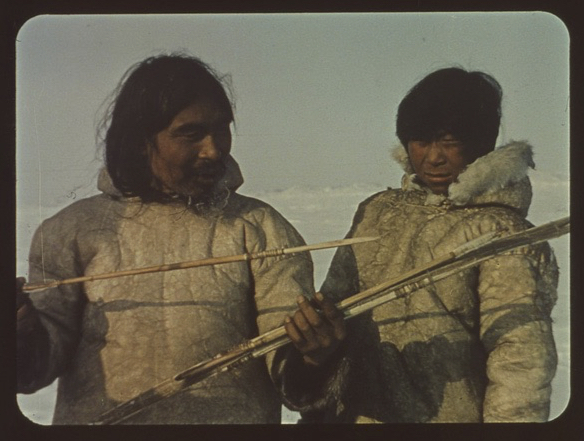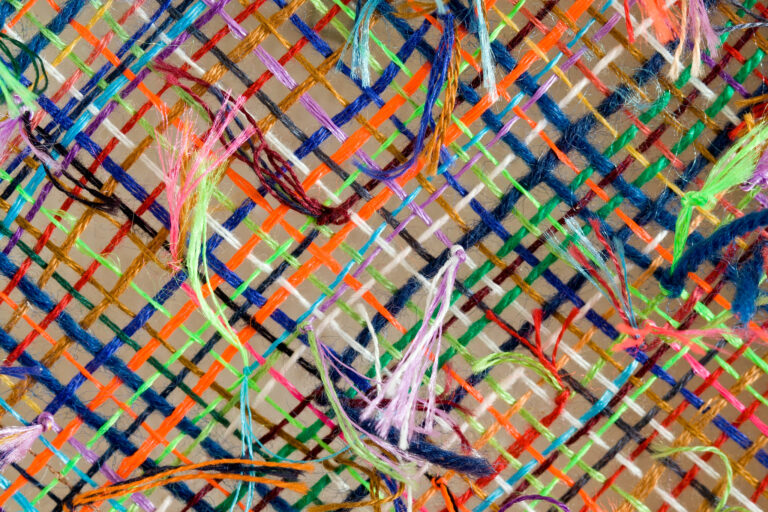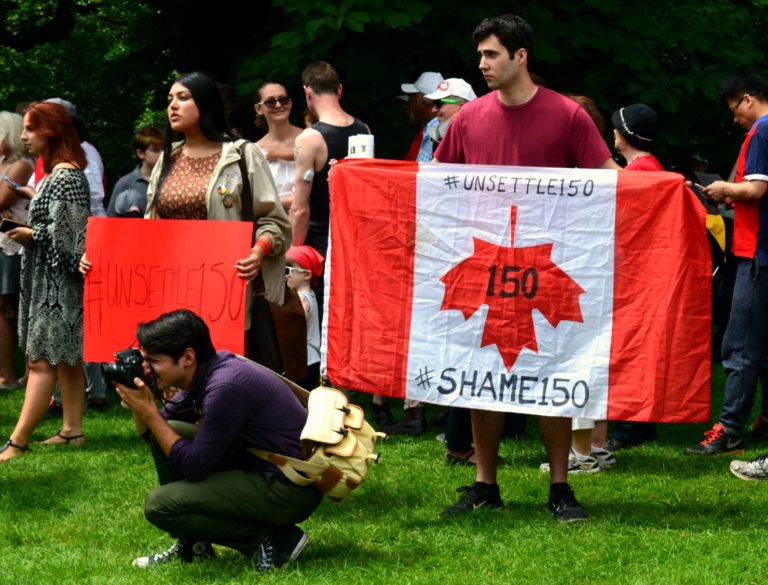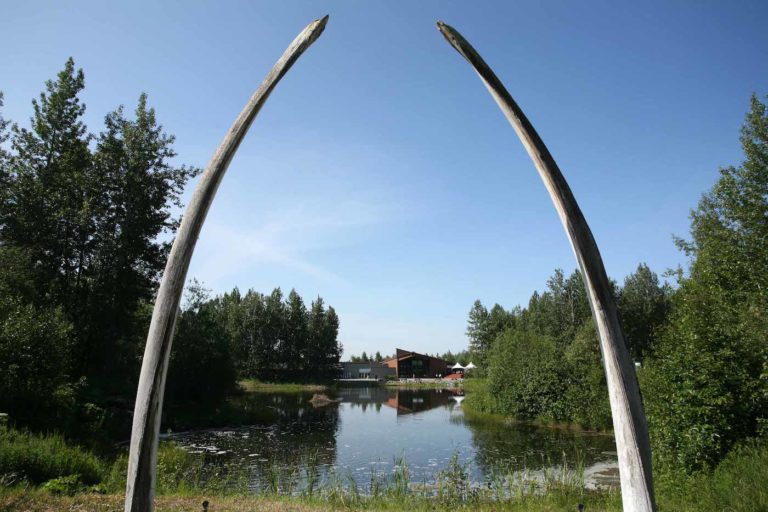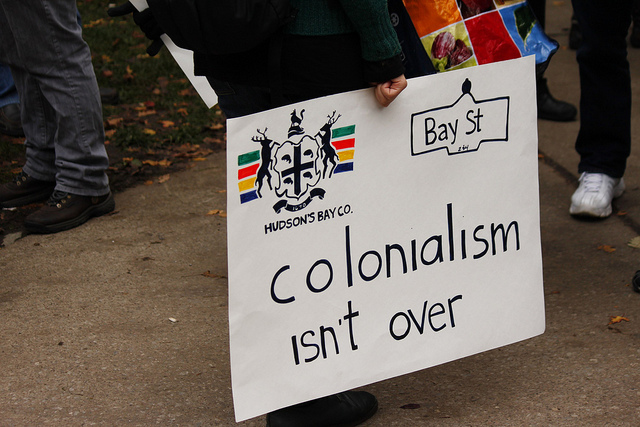Karrmen Crey’s Producing Sovereignty explores the rise of Indigenous media in Canada since the 1990s, focusing on the intersection of cultural production, institutional influence, and Indigenous sovereignty. Using documentary and non-fiction films as case studies, Crey examines how Indigenous creators navigate and challenge colonial structures, using media as a tool for asserting identity and autonomy.
Keyword: Indigenous peoples
Review of Dancing Indigenous Worlds: Choreographies of Relation by Jacqueline Shea Murphy (University of Minnesota Press)
Jacqueline Shea Murphy’s Dancing Indigenous Worlds deals with her participation in festivals, performances, and conversations with Indigenous dance artists, whose practices enact, register, and experience relationality. Relationality is both an expression of Indigenous ways of being and knowing and an integral part of dance work, including all the activities produced around it. Each chapter of the book explores in depth an aspect of relationality based on the work of an artist and the descriptions of the experiences and sensations that each of these has awakened in the author, both in the author’s voice and that of her interlocutors.
Review of Ocean Passages: Navigating Pacific Islander and Asian American Literatures by Erin Suzuki (Temple University Press)
Erin Suzuki’s Ocean Passages is a sustained analysis of how various narratives of “ocean passages” disrupt and revise hegemonic constructions of the Pacific. Through analyses of contemporary Indigenous Pacific and Asian American literatures, Suzuki demonstrates what new paradigms can emerge by bringing Asian and Pacific Islander passages across the same sea into critical relationality.
Review of Mapping Abundance for a Planetary Future: Kanaka Maoli and Critical Settler Cartographies in Hawaiʻi by Candace Fujikane (Duke University Press)
Employing the teachings of Indigenous cartographic practices to trouble the Western epistemologies of subdivision that underpin private property development, Candace Fujikane’s Mapping Abundance for a Planetary Future charts out an unabashedly hopeful vision for futures that exceed the dictates of capitalist accumulation. Abundance, as Fujikane shows throughout, is not an ungrounded future wish, or a hazily-defined otherwise that we must collectively imagine. It has already been mapped out for us by Indigenous peoples—in her example, Kanaka Maoli—who have long thrived according to fundamental philosophies of cultivation and relationality.
Arctic Pedagogy: Indigenous People and the MACOS Culture War
This paper is about the place of Indigenous people in an early instance of a culture war in the United States: the conflict in the 1970s over an innovative middle-grades social studies curriculum called “Man: A Course of Study” (MACOS). Funded by the National Science Foundation, MACOS sought to revamp social studies education by addressing big questions about humans as a species and as social animals. It quickly came under fire from conservatives and helped to solidify the concept of “secular humanism” as a social threat. A broad conservative organizing effort, whose effects can still be felt today, eventually ended not only MACOS, but the very viability of school curriculum reform projects on the national level. Though this story is familiar to historians of American education, this paper argues for its centrality to the development of contemporary conservative politics and the early history of the culture wars. It also takes up the largely unaddressed issue of how Indigenous people figured in the MACOS curriculum and in the ensuing controversy. Focusing on the ethnographic film series featuring Netsilik Inuit that was at the heart of the MACOS curriculum, this paper addresses the largely unacknowledged legacy of Indigenous pedagogy, to argue that the culture war that led to the demise of the MACOS project also represented a lost opportunity for Indigenous knowledge and teaching to be incorporated into the formal schooling of American children.
Review of Hungry Listening: Resonant Theory for Indigenous Sound Studies by Dylan Robinson (University of Minnesota Press)
In his new book Hungry Listening: Resonant Theory for Indigenous Sound Studies, Stó:lō music scholar Dylan Robinson contributes to the decolonization of music studies by advocating for a critical awareness of listening positionality. One of the activating forces for this work was the increase in Indigenous participation in classical music since the early 1990s. This resulted in collaborations between non-Western musicians and classical music ensembles in North America that were not necessarily based on reciprocal relationships, instead “fitting” Indigenous artists into paradigms of Western performance and composition. Hungry Listening seeks to transform the way we recognize Indigenous sovereignty, perceiving Indigenous oral, aural, and written expressions as sovereign in and of themselves.
Review of Empire’s Tracks: Indigenous Nations, Chinese Workers, and the Transcontinental Railroad by Manu Karuka (University of California Press)
Empire’s Tracks: Indigenous Nations, Chinese Workers, and the Transcontinental Railroad by Manu Karuka suggests that the Transcontinental Railroad is a useful lens through which to view issues relating continental imperialism, countersovereignty, and capitalist modes of production.
Webs of Relationships: Pedagogies of Citizenship and Modalities of Settlement for “Muslims” in Canada
Immigrants to Canada must pass a set of pedagogical gate-keeping exercises that compel settler socio-spatial relations to allow them to come into the fort of the nation-state as neoliberal multicultural subjects. Bringing together Sunera Thobani’s concept of exalting the white subject and Sherene Razack’s theorizations on Muslim eviction from Western politics, I argue that those racialized as Muslim are positioned as perpetual immigrants, compelled to exalt whiteness or be evicted. Caught between an unresolved tension of settler spatial relations to nation and Indigenous spatial relations to Land, I examine what decolonial subject positions are available for “Muslims” using the Canadian citizenship study guide and oath as focal points. I foreground an Indigenous analytic and my Arab lived experience to do a contrapuntal reading of the social construction of Canada in the study guide and trace how the relationships to nation espoused in the manual are incommensurable with the relationships to Land fundamental to Indigenous worldviews. Throughout the paper, I draw on the experience of Masuma Khan, who was censured by her university and the public when she advocated that Canada 150 be remembered as Indigenous genocide rather than a celebration of nationhood, to unpack how racialization colonizes and colonization racializes.
Indigenous Cosmopolitanism: The Alaska Native Heritage Center
The Alaska Native Heritage Center (ANHC) is a living heritage center located in Anchorage, Alaska. Although there are many tourist destinations in Alaska, Denali National Park for example, Anchorage should be thought of as the cosmopolitan center of Alaska, its largest and most populous city. The Alaska Native Heritage Center is an expansive site with indoor and outdoor components focusing on history and contemporary culture. The Heritage Center was initiated and curated by Alaska Natives as opposed to anthropologists or historians. The site as a whole can thus be understood as authored by Alaska Natives. The visitor experience, story of the center, and location provide many ways to bridge the site with the concept of cosmopolitanism. As I have experienced the site as a visitor, I will consider the center in relation to the notion of cosmopolitan curiosity, particularly in conjunction with scholar Natasha Eaton’s concept of cosmopolitan nostalgia. The ANHC serves as symbol of contemporary self-definition of Indigenous peoples. By placing the center in Anchorage, the Heritage Center founders were making a conscious choice to share their history and culture with non-natives. This enacts their sense of belonging in the world relating to cultural theorist Anthony Kwame Appiah’s central thesis of cosmopolitanism in Cosmopolitanism: Ethics in a World of Strangers (2006). Although not everyone has the opportunity to visit Alaska, those who do are likely to travel to Anchorage and once there to visit the ANHC. Due to colonization, indigenous peoples of the United States make up an extremely small percentage of the population, yet by no means are they—as outmoded anthropological monographs attest—‘disappearing’. By highlighting a contemporary example of indigenous living culture, I would like to consider how cosmopolitanism as a concept can incorporate this Indigenous mode of being into its larger global story.
“A Structure, Not an Event”: Settler Colonialism and Enduring Indigeneity
J. Kēhaulani Kauanui discusses the distinctive shifts toward examining Patrick Wolfe’s theory of settler colonialism as ‘a structure, not an event.’ Kauanui argues that a substantive engagement with settler colonialism also demands a deep rethinking of the associated concept of indigeneity–distinct from race, ethnicity, culture, and nation(ality)–along with the field of Native American and Indigenous Studies.

